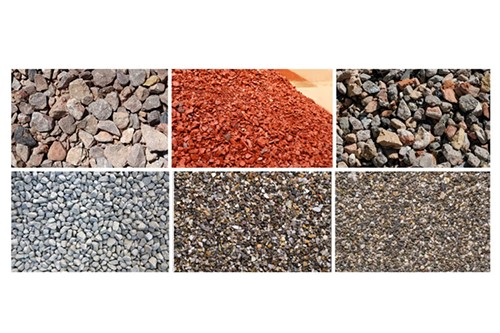ASTM D638: Tensile Testing for Plastics
Introduction to ASTM D638
ASTM D638 is a widely recognized standard developed by ASTM International for conducting tensile tests on plastics. This test method is essential for determining the tensile properties of plastic materials, which are crucial in evaluating their strength and performance in various applications.
ASTM D638 Specimen Dimensions and Specimen Type
Specimen Type | Shape | Dimensions (mm) | Thickness | Notes |
Type I | Dumbbell | 165 × 19 × 3.2 | 3.2 | Standard for most materials |
Type II | Dumbbell | 50 × 13 × 3.2 | 3.2 | For materials that require smaller specimen sizes |
Type III | Dumbbell | 40 × 6.4 × 3.2 | 3.2 | For brittle and small materials |
Type IV | Dumbbell | 60 × 6.4 × 3.2 | 3.2 | For testing materials with lower elongation |
Type V | Flat (Rectangular) | 80 × 10 × 3.2 | 3.2 | For thicker or rigid materials |
ASTM Standards and Their Role
ASTM, formerly known as the American Society for Testing and Materials, develops and publishes technical standards for a wide range of materials, products, systems, and services. ASTM D638 specifically outlines the procedure for tensile testing of plastics, ensuring consistency and reliability in test results across different laboratories and industries.
Applications of Tensile Properties in Product Design
Understanding the tensile properties of plastics helps engineers and designers select appropriate materials for their products. Whether it's in automotive components, consumer electronics, or packaging, knowing how a plastic material behaves under tensile stress informs decisions that enhance product durability and performance.
Comparison of Plastic Materials Based on Tensile Properties
Plastic Material | Tensile Strength (MPa) | Elongation at Break (%) | Young's Modulus (GPa) |
20-30 | 500-800 | 0.2-0.4 | |
Polypropylene | 30-40 | 200-600 | 1.5-2.0 |
Polystyrene | 50-70 | 2-5 | 3.0-3.5 |
Polycarbonate | 60-70 | 60-80 | 2.3-2.4 |
ABS | 40-50 | 10-20 | 2.1-2.5 |
Factors Influencing Tensile Properties
Several factors can affect the tensile properties of plastics, including temperature, strain rate, and material composition. Understanding these influences helps in predicting material behavior under different environmental conditions and loading scenarios.
Frequently Asked Questions
What is ASTM D638 used for?
ASTM D638 is used to determine the tensile properties of plastic materials, including tensile strength, elongation, and Young's modulus, which are essential for evaluating material performance.
Why is tensile testing important for plastics?
Tensile testing provides critical information about a plastic's strength and flexibility, helping engineers select appropriate materials for specific applications and ensuring product reliability.
How are specimens prepared for ASTM D638 testing?
Specimens are prepared according to the dimensions and specifications outlined in ASTM D638, ensuring uniformity and consistency in test results.
Can ASTM D638 be used for all types of plastics?
While ASTM D638 is applicable to a wide range of plastics, certain materials may require specific testing conditions or alternative standards to obtain accurate results.
What factors can affect the outcome of a tensile test?
Factors such as temperature, strain rate, and material composition can influence the tensile properties measured during ASTM D638 testing.







